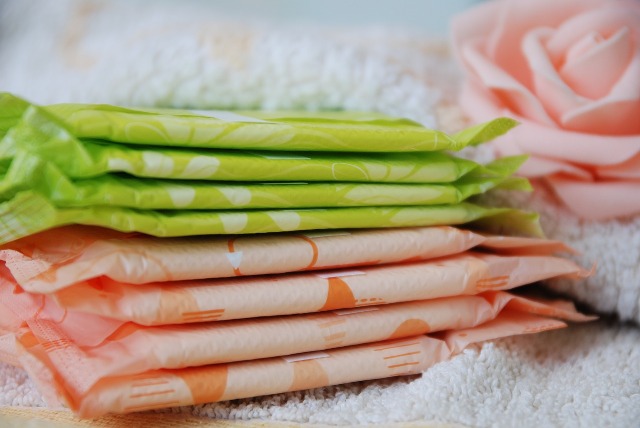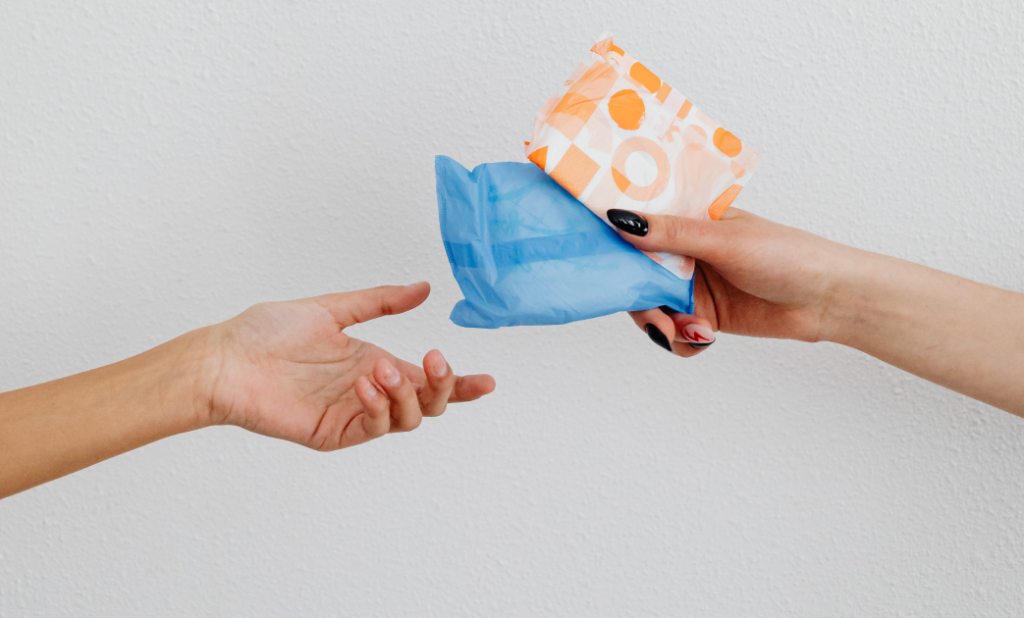Prime Minister Narendra Modi has lauded a sanitary napkin plant in Himachal Pradesh’s Sarahan, calling it a ‘commendable initiative towards women empowerment’. The PM also expressed delight at the fact that the plant will promote women’s health and also provide employment opportunities. The plant has been funded by a CSR initiative.
Sanitary pad plant at Sarahan
Member of Parliament and Former State President BJP Himachal Pradesh Suresh Kashyap recently tweeted a video of a sanitary napkin plant and wrote in Hindi, “The Sanitary Napkin Plant of Sarahan of my parliamentary constituency became helpful for women.”
The PM says

Reacting to his tweet on Saturday, Prime Minister Narendra Modi, tweeted in Hindi, “This sanitary napkin plant of Shimla is a commendable initiative towards women empowerment. It is a matter of great pleasure that along with their health, it has also become a means of employment.”
Free distribution of pads
Run completely by women, the plant manufactures sanitary napkins and distributes them for free to school and college students and women who cannot afford to buy the same. The purpose is to spread awareness about menstrual health and hygiene and at the same time provide employment opportunities to local women and financially empower them.
Currently, sanitary pads are being manufactured in limited numbers in this plant which is funded by a CSR initiative. However, there are plans to increase production with enhanced demand.



